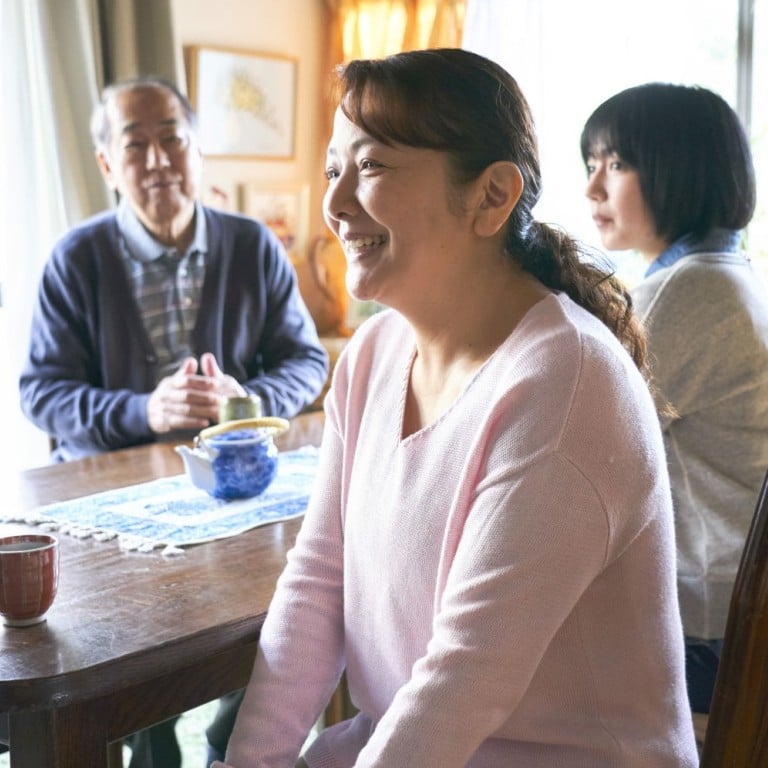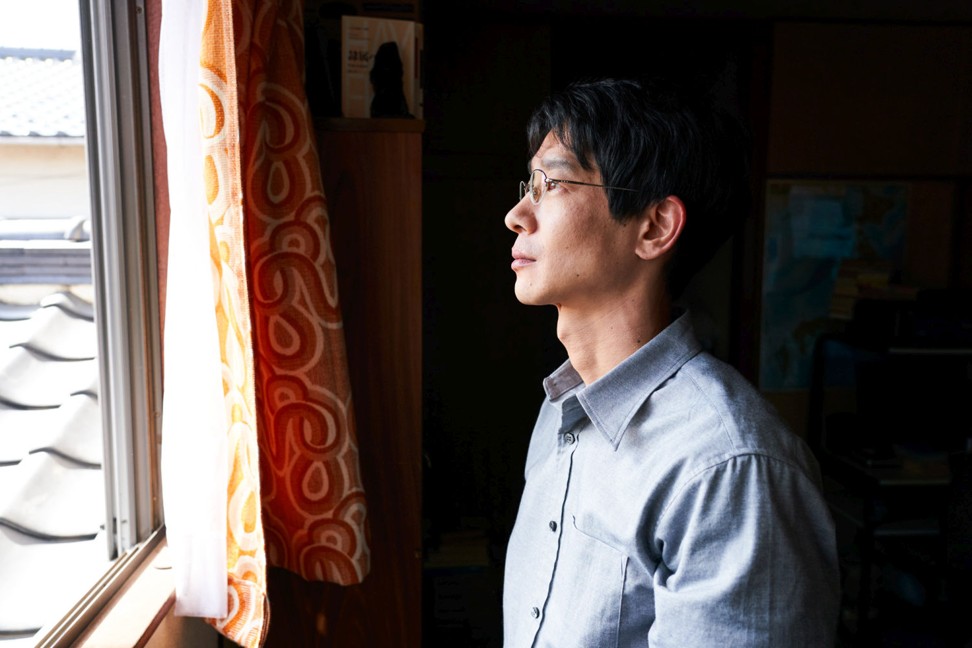
Review | Lying to Mom film review: Japanese family drama on a white lie that turned into cruel deception
- A moment of panic sees a mother lied to about her son’s suicide, starting a series of deceptions that uncovers the family’s guilty secrets along the way
- First-time director Katsumi Nojiri’s characters become ever more tortured by their dishonesty, and the unresolved issues they had with the son
3/5 stars
When housewife and mother Yuko Suzuki (Hideko Hara) discovers that her reclusive adult son, Koichi (Ryo Kase), has committed suicide, she attempts to take her own life. After weeks in hospital, she awakens with no memory of what transpired, and in a moment of panic, her daughter Fumi (Mai Kiryu) lies about Koichi’s whereabouts. The family, already wrestling with grief, must now keep up an elaborate charade so as not to upset their fragile matriarch.
Films featuring this familiar premise traditionally play things out as a comedy of errors, as characters tie themselves up in increasingly convoluted lies and deceptions in an effort to hide the truth. First-time director Katsumi Nojiri takes a far more straight-faced approach, however, as his characters become ever more tortured by their dishonesty – not to mention the palpable, painful guilt they all experience over unresolved issues with the departed Koichi.
Koichi was a “hikikomori”, a shut-in who refused to leave his room even at meal times. Yuko is understandably delighted when told that, while she was in hospital, her son has gone to work for his uncle in Argentina. She busies herself preparing food and other gifts to send him, even planning a holiday that the rest of the family know they will never take. Meanwhile, Fumi takes to writing fake letters from her brother, regaling his mother with exploits from his fictional travels.
As the lies pile up, the family deals with Koichi’s loss in different ways. Fumi joins a grief counselling group, but struggles to articulate her sense of loss. Meanwhile, her father, Yukio (Ittoku Kishibe), becomes embroiled in a baffling altercation with a “soapbath” parlour. His first visit, while Yuko was still comatose, seemed motivated by little more than loneliness, but his visits continue even after she returns home, incurring the wrath of the institution’s shady management.
When films play things for laughs, it is far easier for characters to be indulged for such reckless behaviour. Straight drama, on the other hand, demands something more plausible. The escalating deception in Lying to Mom soon changes, from an understandable white lie in a moment of emotional conflict to an outright act of cruelty as the family persists in deceiving their mother.

The lie grows into an emotional crutch upon which the entire family clings, and as their own guilty secrets slowly rise to the surface, it becomes increasingly difficult to sympathise with them, despite their obvious suffering.

